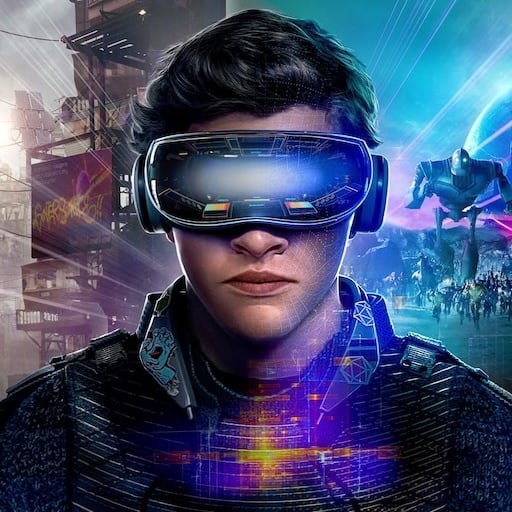Here are my 15 predictions:
-
I don’t expect any major technological breakthroughs in the next five years, especially ones that fundamentally change the way we use headsets. In 2030, we will still be wearing bulky headsets rather than sleek visors on our faces. I expect the industry to experiment with slimmer form factors that move components into a compute pack, but these will come with other trade-offs.
-
By 2030, eye tracking and some form of face tracking will be standard and supported by most headsets, as will mixed reality.
-
The biggest technological development will be in mixed reality, both on the hardware and software side. However, even in 2030, the passthrough quality will not be good enough to be mistaken for natural vision.
-
The market will continue to grow linearly rather than exponentially over the next five years. By then, I expect to see less than 50 million devices in circulation across all platforms.
-
We will see an emerging trend of using headsets for local multiplayer and outdoor, often in combination.
-
Volumetric content will mature and become another VR-specific content category. It will be possible to capture objects and entire rooms in near photorealistic quality with a smartphone and view them in VR.
-
At some point, Meta will launch a service that allows you to stream PC VR games from the cloud to Meta Quest. This type of use will be limited to larger cities and will still be a niche application by 2030.
-
Generative AI will become increasingly important for the metaverse, assisting users in the creation of virtual worlds.
-
Meta will still be investing in VR five years from now, and Meta Horizon OS will be the leading mixed reality OS. Meta’s monopoly will be maintained or even strengthened.
-
There will be first specialized OEM headsets based on Horizon OS, but there is no thriving hardware ecosystem yet. Meta Quest remains the best-selling headset by far.
-
Google and Samsung will fail to challenge Meta. Samsung will abandon its own hardware efforts and release a Horizon OS headset by 2030. Google will shrug its shoulders and scrap its VR plans once again, bowing to Meta’s market power and launching the Google Play Store in some form on Meta Quest.
-
Apple will launch at least one more headset, but will only be able to take market share from Meta in the productivity space.
-
Sony will launch a wireless Playstation VR 3 for the next generation of its Playstation, but as before, will invest in software only to a limited extent and wait to see how the market reacts. The device will not be standalone and will require a PS6.
-
Valve will release a standalone mixed reality headset that will allow you to play a large part of the Steam library (2D and VR) without a PC.
-
The market for true augmented reality glasses will still be tiny five years from now, while AI glasses (with or without displays) will mature as a device category.
I hope I’ve given you an idea of how I envision the next five years of VR development.–


